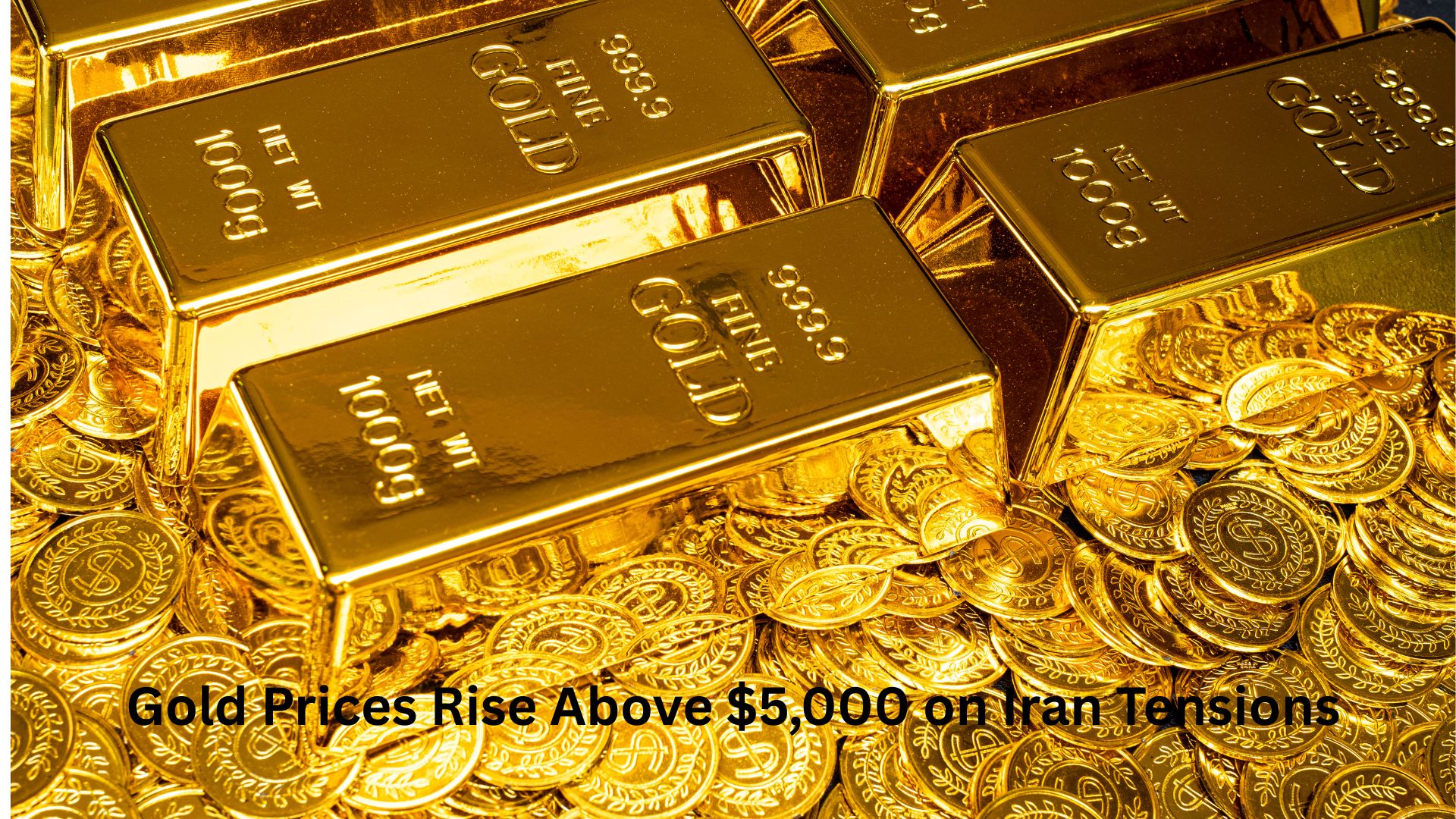Oil prices fell on Monday as worries about fuel consumption in the top two oil consumers in the world, the United States and China, outweighed hopes for tighter supplies as a result of any OPEC+ supply cuts and a restart of U.S. purchases for reserves. Brent crude futures were down 43 cents, or 0.6%, to $73.74 per barrel, while U.S. West Texas Intermediate crude was down 37 cents, or 0.5%, to $69.67 per barrel. The United States might enter a recession on “significant risk” of a historic default within the first two weeks of June, according to worries that both benchmarks fell for a fourth straight week last week, the longest run of weekly drops since September 2022.
The U.S. dollar strengthened as a result of investors seeking safe haven assets like them, raising the cost of commodities denominated in other currencies. According to calculations by Reuters, the group indicated in April that some members will reduce output by an additional 1.16 million barrels per day, bringing the total volume of cuts to 3.66 million bpd. According to Iraq’s oil minister, Hayan Abdel-Ghani, the group’s next meeting in June is not expected to result in further limits to oil production.
After completing a sale required by Congress in June, the United States may begin repurchasing oil for the Strategic Petroleum Reserve (SPR), Energy Secretary Jennifer Granholm informed legislators on Thursday. Following this revelation, energy services company Baker Hughes Co. released its weekly report, which revealed that this week’s U.S. oil rig count dropped by two to 586, the lowest level since June 2022, while gas rig counts decreased by 16 to 141.
In the meantime, officials with direct knowledge of the deliberations suggested that the Group of Seven (G7) leaders could reveal new measures at their meetings from May 19 to 21 that target third-country sanctions evasion. According to the sources, the sanctions’ escalation will also aim to obstruct Russia’s potential energy output and restrict trade that benefits its armed forces. Since the European Union embargo began in December, India, and China, the third and first-largest oil importers in the world, respectively, have been the main consumers of Russian petroleum.

